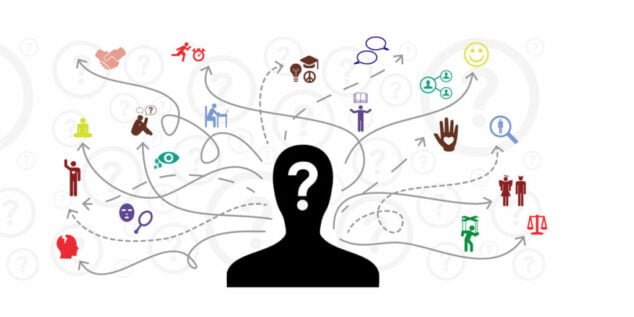Success is not just about having a great product or service, it’s about understanding the intricacies between consumers’ minds and your brand. In persuasive marketing, psychology takes center stage in influencing customer behavior. This article explores the pivotal role of psychology in creating effective marketing strategies that resonate with the audience.
Understanding Consumer Psychology:
To create effective marketing campaigns, it’s important to understand the depths of consumer psychology. Marketers who understand the factors that drive decision-making can tailor their messages to connect with potential customers on a profound level. From the influence of emotions to the impact of social proof, psychology provides a roadmap to navigate consumer behavior.
Building Trust through Psychology:
Trust is the cornerstone of any successful brand-consumer relationship. Psychology plays a crucial role in building and maintaining this trust. Leveraging psychological principles such as credibility, consistency, and social validation, marketers can establish a strong foundation that fosters trust. By understanding the psychological triggers that engender confidence, brands can create lasting connections with their audience.
The Art of Storytelling:
Humans are wired to respond to stories. Marketers who harness the art of storytelling tap into the emotional reservoir of consumers, creating a powerful connection. Through narratives that resonate with their audience’s values and aspirations, brands can evoke emotions that drive engagement and loyalty. Psychology guides the narratives that leave a lasting impression on the minds of consumers.
Influence of Cognitive Biases:
Consumers are not always rational decision-makers. Cognitive biases shape the way individuals perceive information and make choices. Understanding these biases, such as anchoring, scarcity, and the bandwagon effect, allows marketers to present their products or services in a way that aligns with consumers’ natural thought processes. By subtly incorporating these biases, marketers can nudge customers towards favorable decisions.
Creating a Sense of Urgency:
Psychology reveals that a sense of urgency can be a powerful motivator. By leveraging the fear of missing out (FOMO) or creating time-limited offers, marketers can prompt swift action from consumers. Psychology-driven tactics like limited-time discounts and exclusive deals tap into the innate human desire to seize opportunities, driving conversions and sales.
Conclusion:
In persuasive marketing, psychology serves as the secret sauce that transforms campaigns from ordinary to extraordinary. By understanding and integrating psychological principles into marketing strategies, brands can create a resonance that goes beyond mere transactions – fostering enduring connections with their audience. Savvy marketer recognizes the importance of psychology in shaping the narrative and influencing consumer behavior. It’s not just about selling a product; it’s about creating an experience that leaves an indelible mark on the consumer’s psyche.






